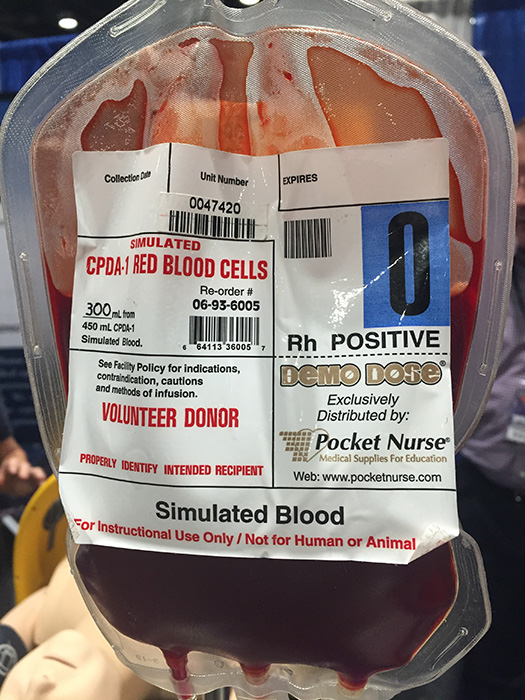Attention, Prevention the Key to Cutting U.S. Trauma Deaths
Following an in-depth conversation on trauma at the 2016 Military Heath System Research Symposium, Dr. John Holcomb was blunt in his assessment of modern research efforts.
"It's an epidemic," said Holcomb, Vice Chair of the Department of Surgery at the University of Texas Health Science Center. "In America, if one person gets Zika it's a national emergency, but at the same time we're not doing enough for the millions who show up at emergency rooms across the country with trauma injuries."
As the number three overall killer in U.S. annually, trauma continues to be a top focus of MHSRS attendees. But while previous symposia primarily targeted research efforts in extending the storage life of blood and blood products, the 2016 MHSRS has instead focused largely on prehospital trauma care, especially as it applies to the U.S. civilian population.
"Ultimately, it's about saving lives," said Dr. Heather Pidcoke, also of the UT Health Science Center.
Pidcoke spoke at length during the 2015 MHSRS about the then-recent FDA approval of cold-stored apheresis platelets for the resuscitation of bleeding patients, an effort which has now stretched into independent programs both inside the DOD and in private entities like Mayo Clinic.
With regard to prehospital care, however, a slew of presentations from both inside and outside the U.S. showed that early use of tourniquets in civilian populations made a substantial difference in survivability rates across the board.
"The earlier they're applied, the more helpful they are," said Maj. Andrew Beckett following a presentation on his own research in the area.
Also notable is the U.S. military's promotion of the "active bystander" concept, or more specifically, the encouragement of U.S. civilians to help one another in instances of traumatic injury by using basic combat know-how. The recently-launched "Stop the Bleed" program, a joint effort between the U.S. Army Military Research and Material Command and the National Security Council, has also focused on this type of resiliency, an effort which dovetails with the research community's own shift towards the advantages of quick, complete prehospital care.
"It's about the basics," said Holcomb. "It's about keeping blood in the body, where it belongs."
MHSRS is DOD's premier scientific annual meeting, which combines three previous conferences, including the former Advanced Technology Applications for Combat Casualty Care Conference; the Air Force Medical Service Medical Research Symposium; and the Navy Medicine Research Conference. By combining these conferences into one event, the meeting serves as a critical strategy session for leaders to set future milestones for the Department of Defense's deployment-related medical research programs, centered on the needs of the Warfighter.
 An official website of the United States government
An official website of the United States government
 ) or https:// means you've safely connected to the .mil website. Share sensitive information only on official, secure websites.
) or https:// means you've safely connected to the .mil website. Share sensitive information only on official, secure websites.



